Hopewell Chin’ono is in jail awaiting trial on charges he rejects of inciting violence

Hopewell Chin’ono at Harare magistrates courts on 22 July. The UN is concerned his arrest is part of a clampdown on human rights in Zimbabwe. Photograph: Aaron Ufumeli/EPA
Jason Burke Africa correspondent and Nyasha Chingono in Harare
Published on Fri 24 Jul 2020
A prominent investigative journalist in Zimbabwe has said the struggle against corruption in the country must continue as he was sent back to prison to await trial on charges of incitement of public violence.
Hopewell Chin’ono, an internationally respected reporter, recently published documents raising concerns that powerful individuals in Zimbabwe were profiting from multimillion-dollar deals for essential supplies to fight the coronavirus pandemic.
The 49-year-old was arrested earlier this week and has been held in police or prison cells since. Authorities accuse him of promoting planned protests against corruption in government on 31 July, which police say will turn violent.
Chin’ono denies the charges against him and could face up to 10 years in prison if convicted.
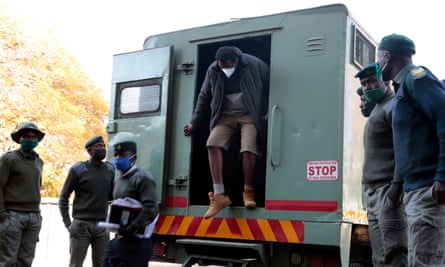
Jason Burke Africa correspondent and Nyasha Chingono in Harare
Published on Fri 24 Jul 2020
A prominent investigative journalist in Zimbabwe has said the struggle against corruption in the country must continue as he was sent back to prison to await trial on charges of incitement of public violence.
Hopewell Chin’ono, an internationally respected reporter, recently published documents raising concerns that powerful individuals in Zimbabwe were profiting from multimillion-dollar deals for essential supplies to fight the coronavirus pandemic.
The 49-year-old was arrested earlier this week and has been held in police or prison cells since. Authorities accuse him of promoting planned protests against corruption in government on 31 July, which police say will turn violent.
Chin’ono denies the charges against him and could face up to 10 years in prison if convicted.

Hopwell Chin’ono gets out of a prison van as he arrives at Harare magistrates courts on Thursday. Photograph: Aaron Ufumeli/EPA
During a hearing on Friday in Harare, the capital, magistrates said they had denied Chin’ono bail as a preventative measure to stop the journalist reoffending before the planned rally.
Chin’ono, 49, will return to court on 7 August. Supporters are concerned that he will be exposed to Covid-19, which is spreading in Zimbabwe’s prisons.
“I’m OK, I’m fine … Basically, this means journalism has been criminalised. The struggle against corruption should continue. People should not stop, they should carry on,” Chin’ono said on leaving the court.
Lawyers for the journalist said they would appeal against the decision.
“We disagree with the magistrate ruling and his findings. He did not engage in particular with the evidence laid before him by the investigating officer who admitted there was nothing in the tweets that formed the basis of the charge to incite violence. We will be appealing against the ruling,” Doug Coltart, a member of Chin’ono’s legal counsel, told the Guardian.
During the cross-examination, the police’s lead investigating officer admitted that there was nothing in Chin’ono’s tweets that suggested incitement of public violence.
Earlier in the day, Jacob Ngarivhume, an opposition leader, also was denied bail for the same offence.
“The state fears that if he is released on bail, there is going to be demonstrations. The state alleges that he has incited the nation to demonstrate against corruption and they fear that if he is admitted to bail the demonstrations will continue on July 31,” his lawyer, Moses Nkomo, said.
The bail hearing had been repeatedly delayed after authorities announced a new lockdown to stem the rapid spread of Covid-19, forbidding all movement around Harare and any large meetings. Only essential workers and tasks are exempt.
The arrest of the two men prompted a strong reaction from human rights campaigners and western powers. The United Nations expressed concern that the Covid-19 pandemic was being used as a pretext to clamp down on fundamental human rights.
“Merely calling for a peaceful protest or participating in a peaceful protest are an exercise of recognised human rights,” it said.
The British embassy in Harare has repeatedly urged authorities to follow the rule of law and uphold media freedoms and freedom of speech.
Amnesty International said the arrests were “designed to intimidate and send a chilling message to journalists, whistleblowers and activists who draw attention to matters of public interest in Zimbabwe”.
It is unclear how much impact the response will have on Zimbabwe’s leaders, who are preoccupied by internal rivalries. The government has been criticised for failing to deal with corruption at a time when the country is in desperate need of an international bailout package to save its economy from collapse.
Zimbabwe is also facing a looming health crisis as Covid-19 cases – currently totalling 1,611 confirmed infections – increase. Nurses are on strike to demand better salaries, personal protective equipment and better working conditions.
As the economic situation has deteriorated there has been a surge in repression in recent months, and a series of abductions of government critics. Many detainees have been assaulted, humiliated or threatened and several have been told not to criticise the government.
Nick Mangwana, Zimbabwe’s secretary for information, said on Twitter on Monday that “no profession [is] above the law”.
“Journalists are not above the law. Lawyers are not above the law. Doctors and nurses are not above the law. Politicians and bankers are not above the law. Anyone suspected to have committed a crime should be subjected to due process,” he said.
It was not clear if the tweet was connected to the detention of Chin’ono and Ngarivhume or a reference to recent arrests for corruption in Zimbabwe.
The health minister, Obadiah Moyo, was charged last month in connection with the awarding of a $60m (£47m) contract to a company that allegedly sold Covid-19 supplies to the government at inflated prices.
During a hearing on Friday in Harare, the capital, magistrates said they had denied Chin’ono bail as a preventative measure to stop the journalist reoffending before the planned rally.
Chin’ono, 49, will return to court on 7 August. Supporters are concerned that he will be exposed to Covid-19, which is spreading in Zimbabwe’s prisons.
“I’m OK, I’m fine … Basically, this means journalism has been criminalised. The struggle against corruption should continue. People should not stop, they should carry on,” Chin’ono said on leaving the court.
Lawyers for the journalist said they would appeal against the decision.
“We disagree with the magistrate ruling and his findings. He did not engage in particular with the evidence laid before him by the investigating officer who admitted there was nothing in the tweets that formed the basis of the charge to incite violence. We will be appealing against the ruling,” Doug Coltart, a member of Chin’ono’s legal counsel, told the Guardian.
During the cross-examination, the police’s lead investigating officer admitted that there was nothing in Chin’ono’s tweets that suggested incitement of public violence.
Earlier in the day, Jacob Ngarivhume, an opposition leader, also was denied bail for the same offence.
“The state fears that if he is released on bail, there is going to be demonstrations. The state alleges that he has incited the nation to demonstrate against corruption and they fear that if he is admitted to bail the demonstrations will continue on July 31,” his lawyer, Moses Nkomo, said.
The bail hearing had been repeatedly delayed after authorities announced a new lockdown to stem the rapid spread of Covid-19, forbidding all movement around Harare and any large meetings. Only essential workers and tasks are exempt.
The arrest of the two men prompted a strong reaction from human rights campaigners and western powers. The United Nations expressed concern that the Covid-19 pandemic was being used as a pretext to clamp down on fundamental human rights.
“Merely calling for a peaceful protest or participating in a peaceful protest are an exercise of recognised human rights,” it said.
The British embassy in Harare has repeatedly urged authorities to follow the rule of law and uphold media freedoms and freedom of speech.
Amnesty International said the arrests were “designed to intimidate and send a chilling message to journalists, whistleblowers and activists who draw attention to matters of public interest in Zimbabwe”.
It is unclear how much impact the response will have on Zimbabwe’s leaders, who are preoccupied by internal rivalries. The government has been criticised for failing to deal with corruption at a time when the country is in desperate need of an international bailout package to save its economy from collapse.
Zimbabwe is also facing a looming health crisis as Covid-19 cases – currently totalling 1,611 confirmed infections – increase. Nurses are on strike to demand better salaries, personal protective equipment and better working conditions.
As the economic situation has deteriorated there has been a surge in repression in recent months, and a series of abductions of government critics. Many detainees have been assaulted, humiliated or threatened and several have been told not to criticise the government.
Nick Mangwana, Zimbabwe’s secretary for information, said on Twitter on Monday that “no profession [is] above the law”.
“Journalists are not above the law. Lawyers are not above the law. Doctors and nurses are not above the law. Politicians and bankers are not above the law. Anyone suspected to have committed a crime should be subjected to due process,” he said.
It was not clear if the tweet was connected to the detention of Chin’ono and Ngarivhume or a reference to recent arrests for corruption in Zimbabwe.
The health minister, Obadiah Moyo, was charged last month in connection with the awarding of a $60m (£47m) contract to a company that allegedly sold Covid-19 supplies to the government at inflated prices.


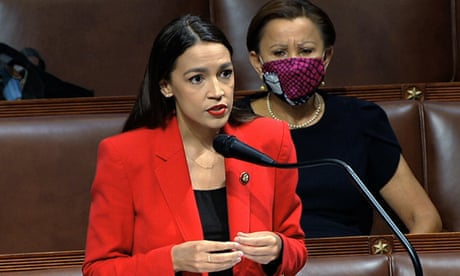
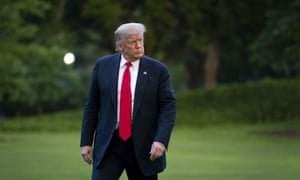
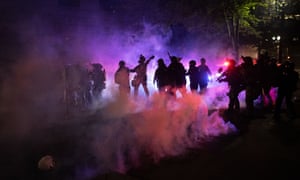
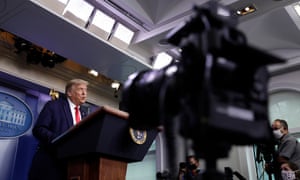
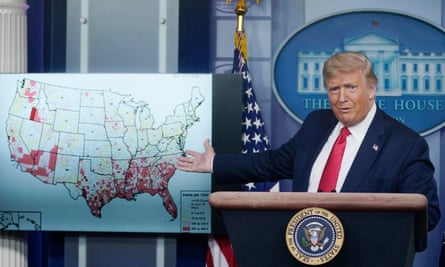
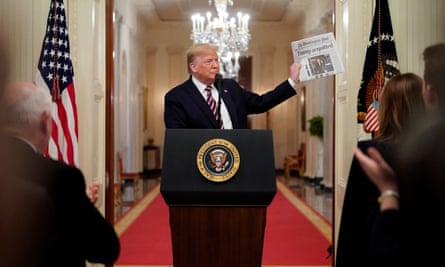
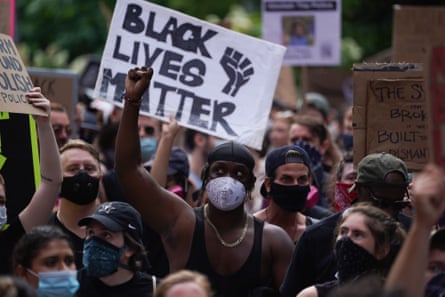
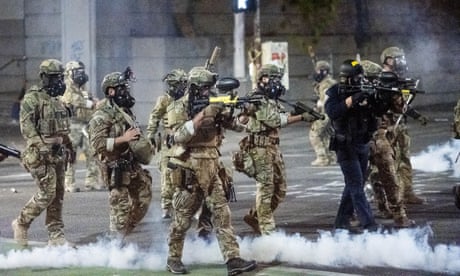
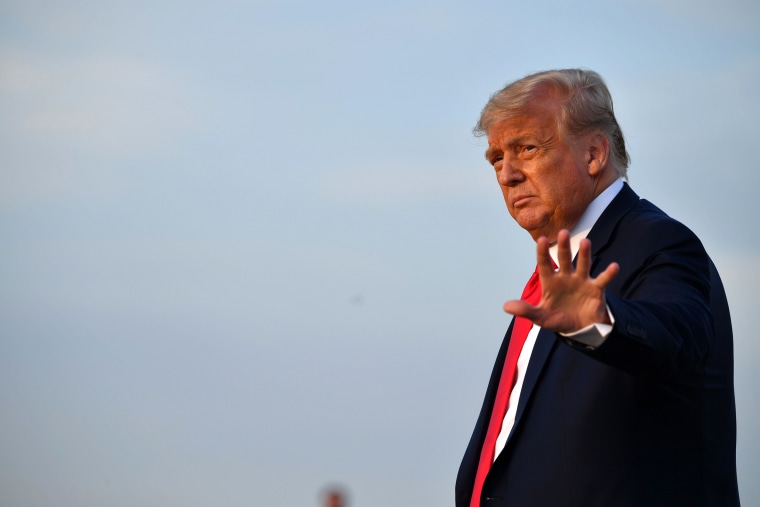
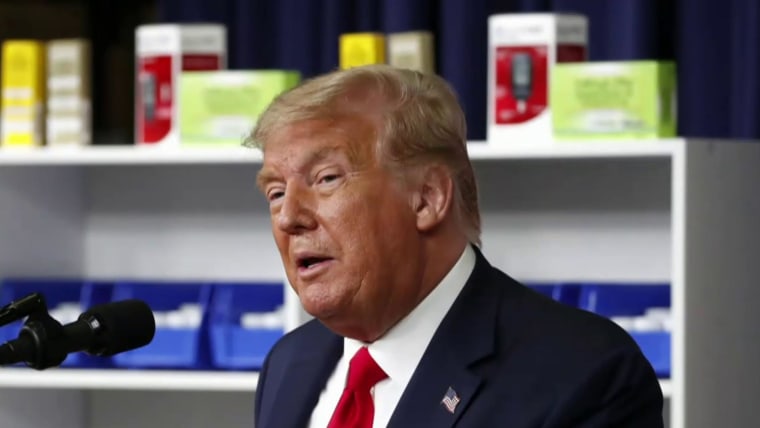


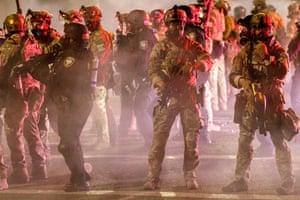

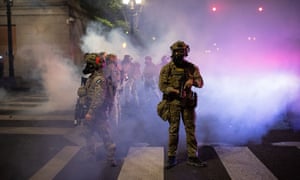
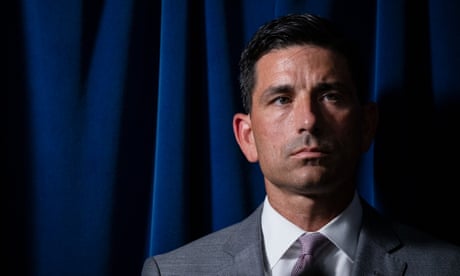
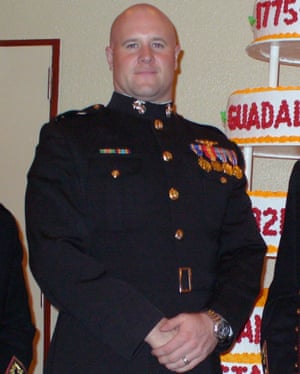
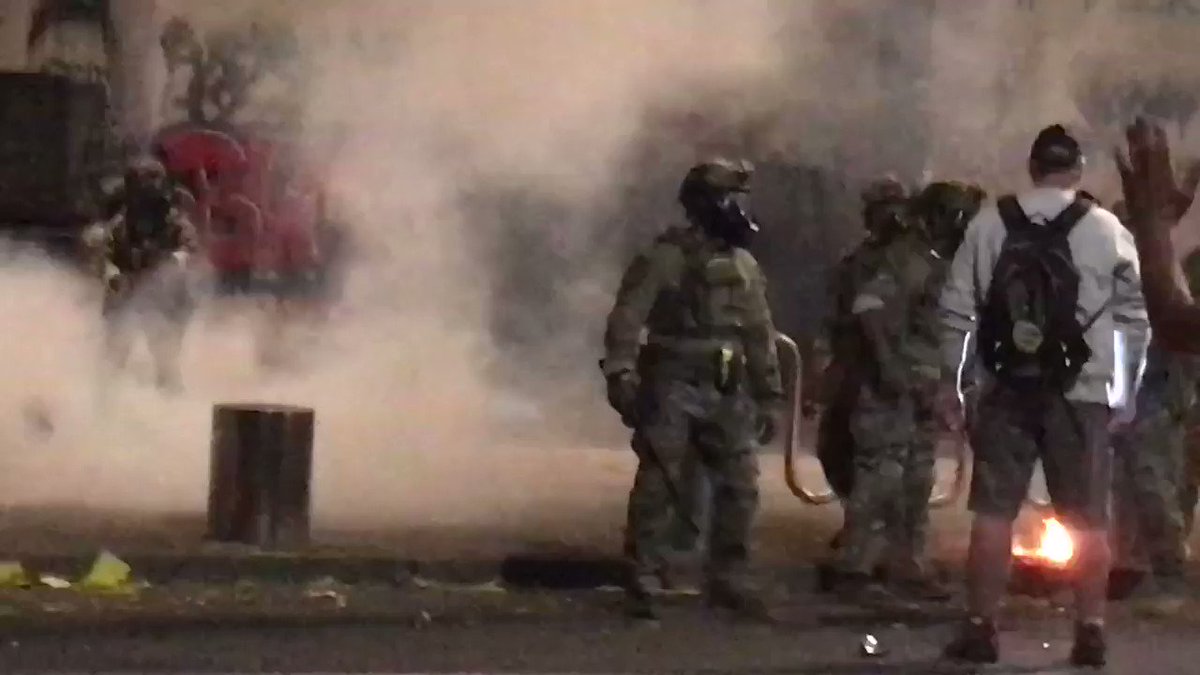 Zane Sparling(@PDXzane)
Zane Sparling(@PDXzane)

